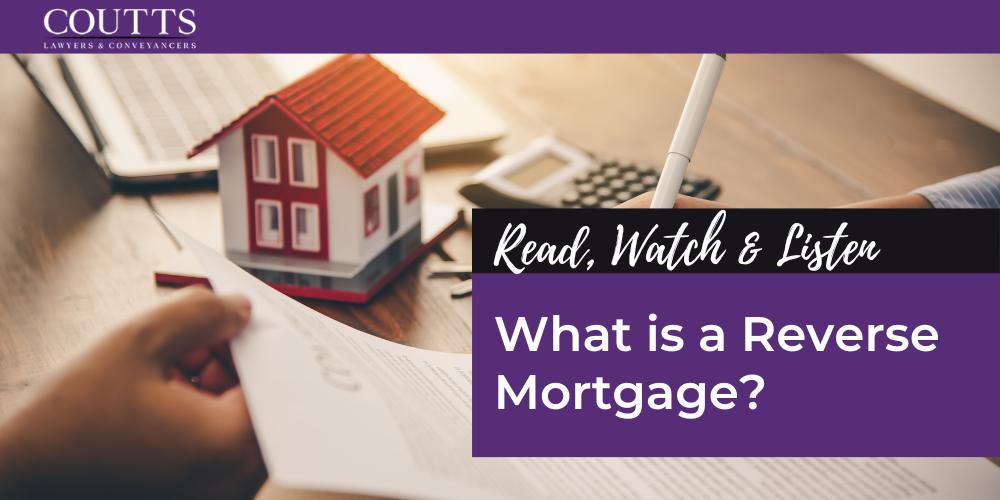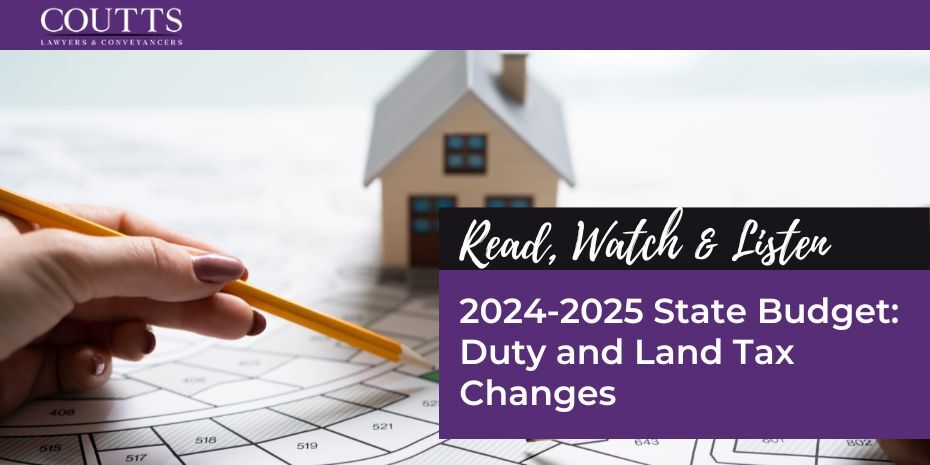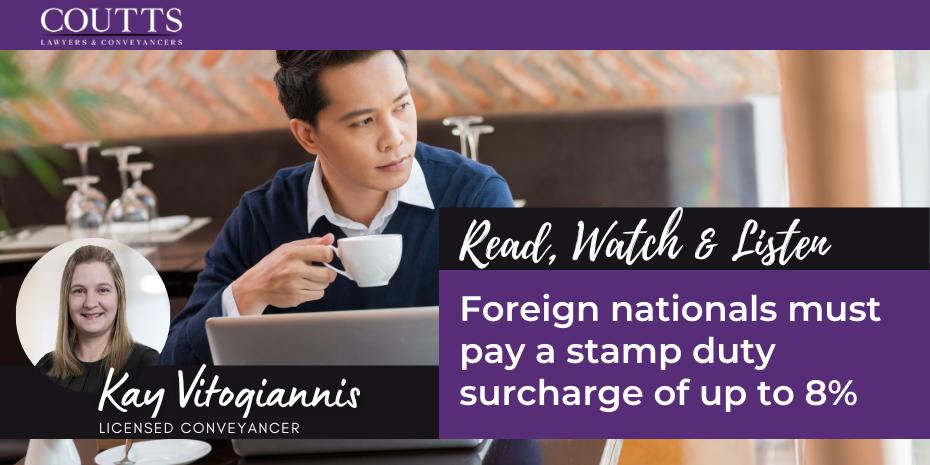Whilst there are good reasons for entering into a Reverse Mortgage, mortgaging your home can have a serious impact on your finances and the quality of life you may hope to live once you have retired. It is important to understand what a Reverse Mortgage is, what is expected of you by the lender and the potential risks involved by entering into this kind of agreement.
What is a Reverse Mortgage?
A Reverse Mortgage is a home equity loan. This means that it is a type of mortgage where you can borrow money, using the equity in your home as security. You can receive the borrowed funds as a lump sum, a regular income stream, a line of credit or a combination of these options. Generally, you are not required to have an income to qualify and you do not have to make repayments whilst you live in your home. You remain the owner of your house and can stay in it for as long as you want to. Like any other loan, interest is charged. The interest compounds over time and is added to your loan balance. You will need to pay for the loan in full when you sell your home, move into an aged care facility or pass away. This will include any interest or fees attached to the loan.
What do I need to consider before I enter into a Reverse Mortgage?
Entering into a Reverse Mortgage can give the borrower access to tax-free funds for their needs which offers flexible repayments scheme, depending on your lender and the agreement. However, there are some risks that should be considered before entering into an agreement:
- The interest compounds over the term of the loan. This means the debt can become quite significant.
- The loan may mean you are no longer eligible for a pension or Centrelink benefits.
- Interest rates are generally very high.
- If you have to move into an Aged Care facility, there may not be enough money left over once you sell your house and pay off the debt for you to be able to afford it.
- There will be less funds for you to gift to loved ones once you have passed.
- There may be special conditions in the agreement – for example, you may be required to maintain the property in good condition which may be difficult if you have health conditions that affect your ability to do so.
How can we help?
A Reverse Mortgage has the potential to assist the right person but there are many things to consider before entering into this type of agreement. Usually, the lender will provide you with many documents including booklets of information to help you understand what is involved in this type of loan. However, it is important that you are 100% aware of your obligations, the risks to you personally, the costs involved and what this agreement means for you as an individual.
We can answer any questions, help you with the documentation and help you to understand your legal position before entering into a reverse Mortgage.
For further information Contact Coutts



